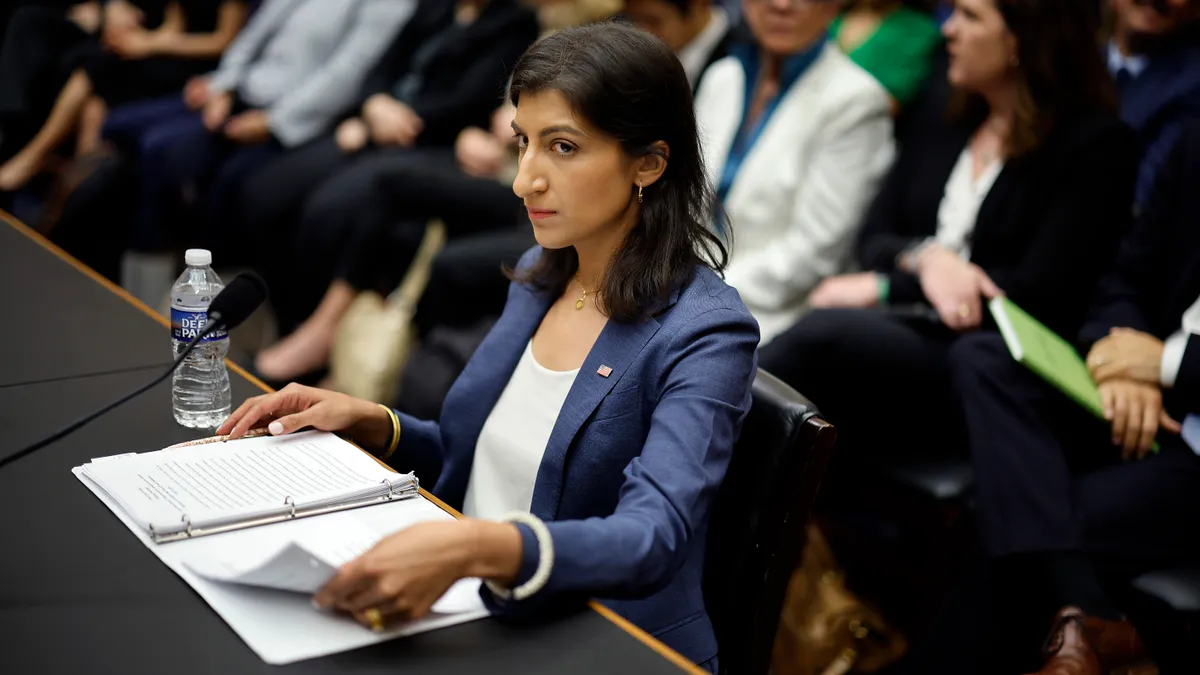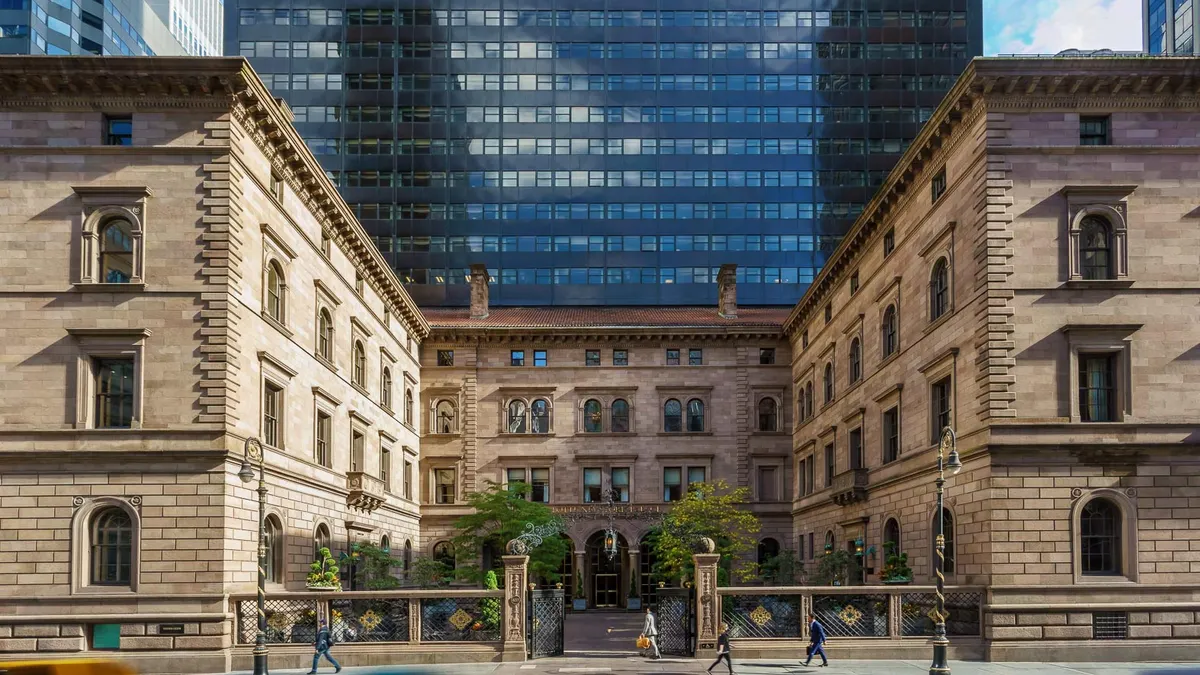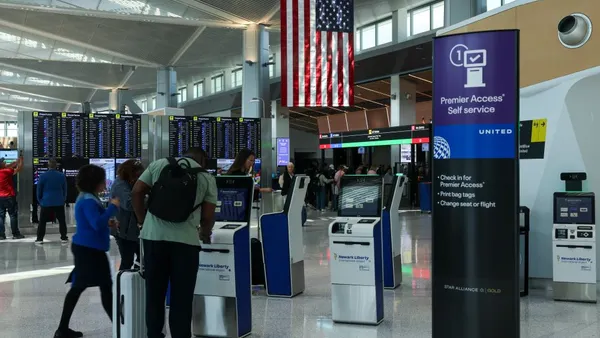Dive Brief:
- The Federal Trade Commission on Friday issued guidance informing franchisors that it is illegal to charge and collect undisclosed fees. The FTC also warned franchisors against using non-disparagement clauses and other policies to bar franchisees from communicating openly with government regulators.
- The FTC said franchisees expressed concerns over the proliferation of technology and payment processing fees that were not described in franchise disclosure documents.
- Much of the political fight over undisclosed, or junk fees, in recent years has pitted agencies and consumer groups against industries. The FTC’s intervention in franchise fee practices, on the other hand, would change the relationships between industry players.
Dive Insight:
The FTC said any determination that newly imposed or changed fees violate the law would be fact specific, but that franchisors should still review their practices to ensure they complied with the law.
Matthew Haller, president and CEO of the International Franchise Association, said that while his organization is in favor of increased transparency, the FTC guidance ran contrary to the practices of the majority of franchisors and would “unnecessarily restrict franchisors’ ability to innovate and evolve their system, damaging the equity of franchisees.”
In a response to the FTC’s request for information during an earlier part of the regulatory process, the IFA argued “the competitive landscape requires franchise agreements to be intentionally structured to permit unilateral changes.”
At the time, the IFA claimed it was necessary for franchisees to follow brand manuals that could be subject to changes due to “consumer preferences, technology developments, modifications of federal, state and local laws," among other structural factors.
McDonald’s earlier this year announced changes to its fee structure to capitalize a new digital marketing fund. That change, however, is not accompanied by a new fee, and the fund will be filled using existing marketing contributions. Last year, the Golden Arches announced it would raise royalty rates by a quarter to 5%, though that new rate applies in only a handful of cases.
The FTC highlighted the dangers unilateral changes to fee structures posed to smaller operators.
“It is illegal for franchisors to impose undisclosed junk fees—fees that raise costs and which may make the difference between a profitable franchise and an unsustainable one,” the FTC said in a press release.
The second major aspect of the FTC’s new guidance, is a clarification that contractual terms barring franchisees from talking to regulators under the guise of non-disparagement are not legal.
“Contractual terms prohibiting franchisees from reporting potential law violations to the government are unfair, unenforceable, and illegal,” FTC Chair Lina Khan said in a statement.
The FTC’s policy statement on the subject revealed that the commission had receive comment from franchisees who were told they would lose their franchises if they spoke with regulators. The FTC said such conduct made regulatory investigations difficult and was harmful to franchisees demanding lawful conduct of their franchisors. This, the commission argued, hurt consumers and competition with heavily franchised industries.
Undisclosed fees are a particular target of the FTC, which last year introduced a rule to fine or other penalize companies that use deceptive fees. Earlier this year, California implemented a rule that required businesses to disclose all mandatory fees in pricing for individual items; the state eventually passed an exemption for restaurants that let operators charge mandatory fees so long as the fees are clearly disclosed. Washington, D.C., earlier this year sheltered the District’s restaurants from litigation over fees as long as their fees met certain conditions.












